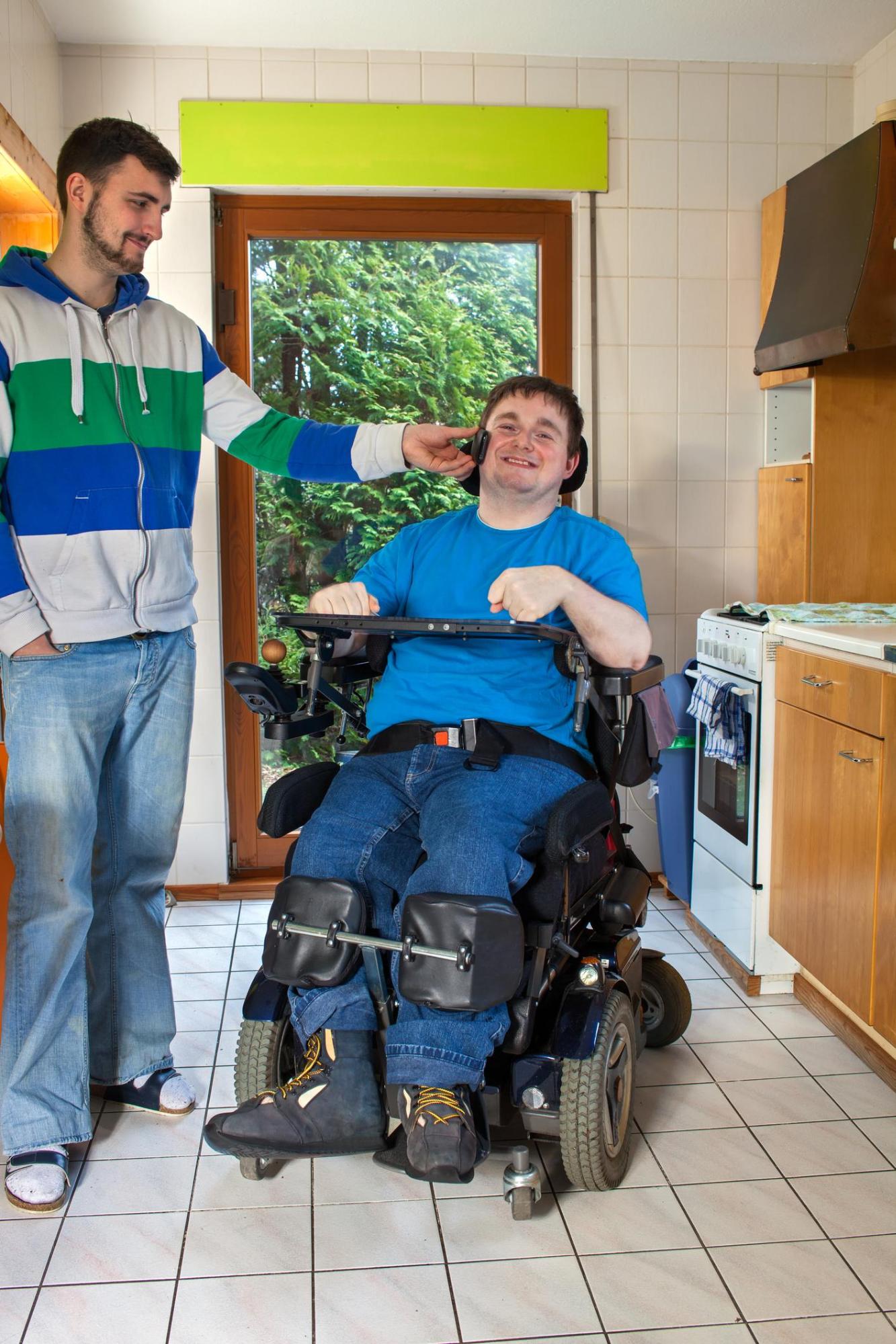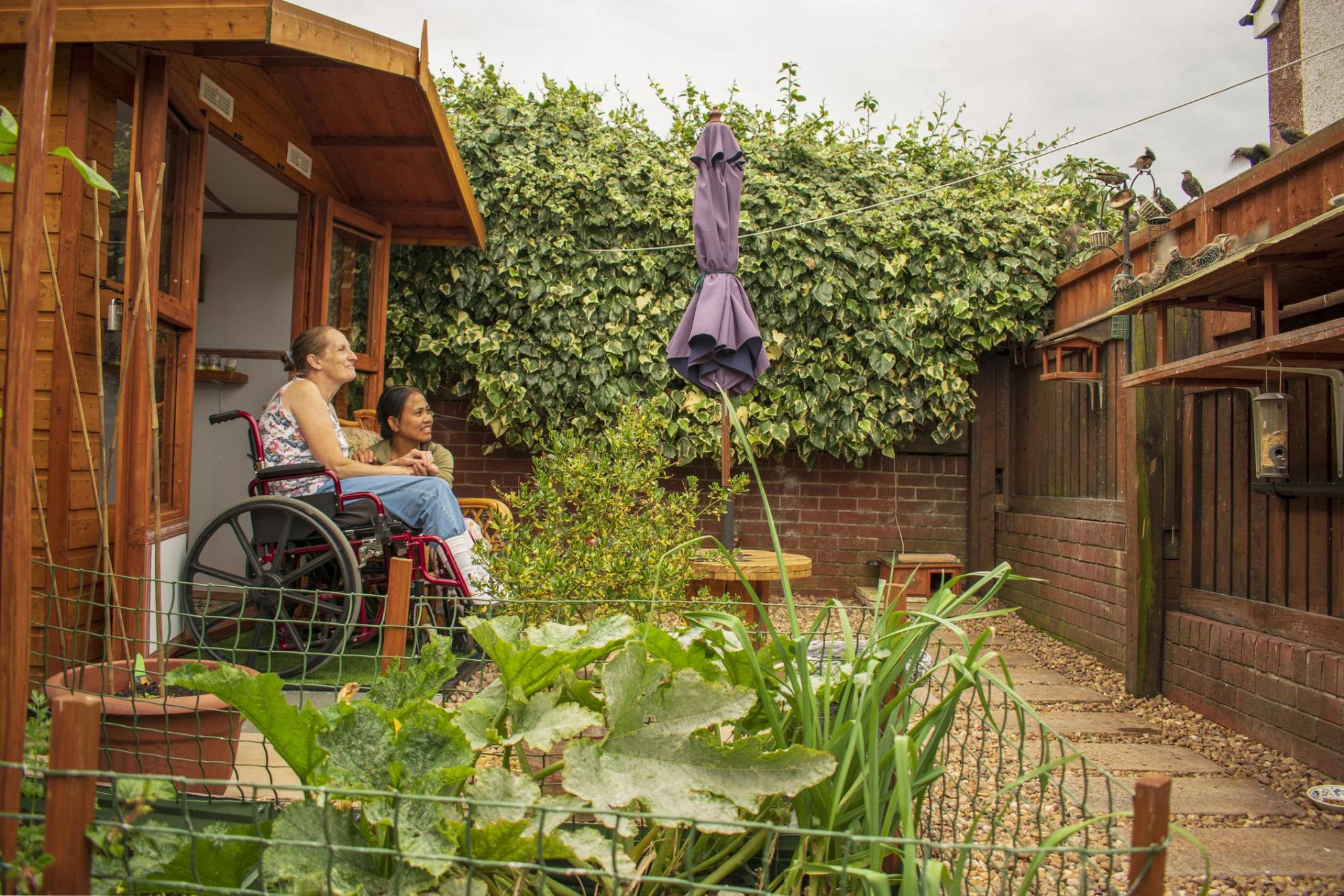Communal Living
What is Communal Living?
Co-housing refers to intentional communities designed to foster independent living, social interaction, and support among individuals with and without I/DD.


These communities typically blend private living spaces with shared common areas, promoting both autonomy and a sense of belonging. The communities strive to create an inclusive and accepting culture, where diversity is celebrated, and the unique strengths of all residents are recognized. Co-housing offers a supportive and empowering environment that encourages independence while fostering community connections.
Key Features of Co-Housing:
- Individual Units
- Shared Common Areas
- Supportive Environment
- Community Involvement
- Social Connections
- Inclusive Culture
- Accessibility
- Enhanced Quality of Life
- Independence
- Shared Resources

Co-op housing for adults with and without disabilities is an arrangement that provides accessible living environments while promoting independence and community. Co-op housing can provide a supportive, affordable, and empowering living situation. Here are some key features and considerations:
Community Structure
- Shared Ownership: Residents typically buy shares in the cooperative, which provide them a stake in the property and a say in how it’s run.
- Collaborative Living: This setup encourages social interaction, support, and shared responsibilities among members, fostering a sense of community.
Accessibility
- Universal Design: Units are often designed or modified to meet accessibility standards, including features such as ramps, wider doorways, and accessible bathrooms.
- Location Considerations: Co-ops are usually located near public transportation, medical facilities, and social services to ensure that residents can access necessary resources.
Support Services
- On-site Support: Many co-ops provide on-site assistance such as personal care, meal preparation, or social activities to help residents maintain their independence.
- Partnerships with Service Providers: Co-ops may collaborate with local organizations to offer additional support services, including occupational therapy, counseling, and job training.
Affordability
- Lower Costs: Cooperative housing can be more affordable than traditional rental options, as costs are shared among members and there may be subsidies available.
- Funding Options: Look for local, state, or federal programs that provide financial assistance for adults with disabilities seeking housing.
Legal Considerations
- Fair Housing Act
- Co-op Bylaws
Benefits of Co-op Housing
- Enhanced Social Interaction: Living closely with others can reduce feelings of isolation, providing opportunities for friendship and community engagement.
- Empowerment: Residents can take part in decision-making, thereby gaining a sense of control and ownership over their living environment.


